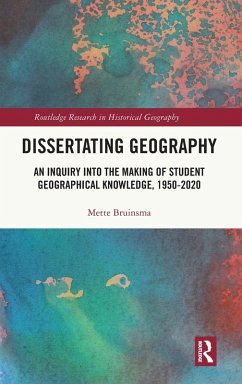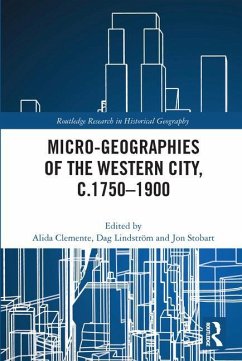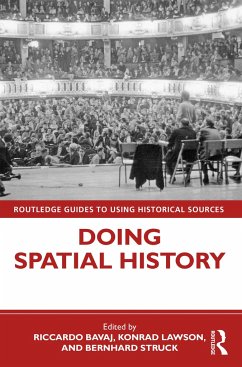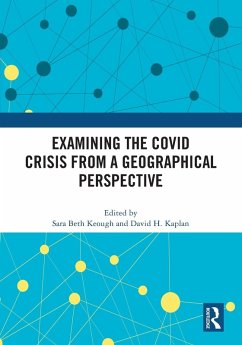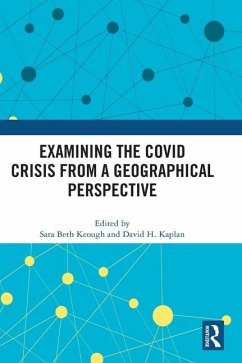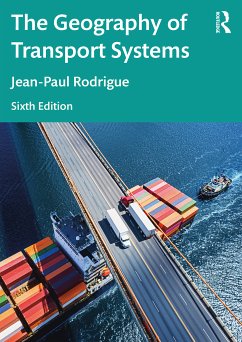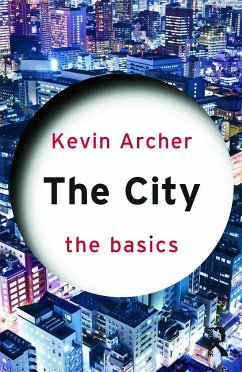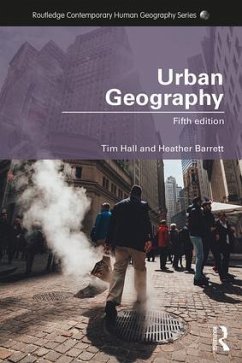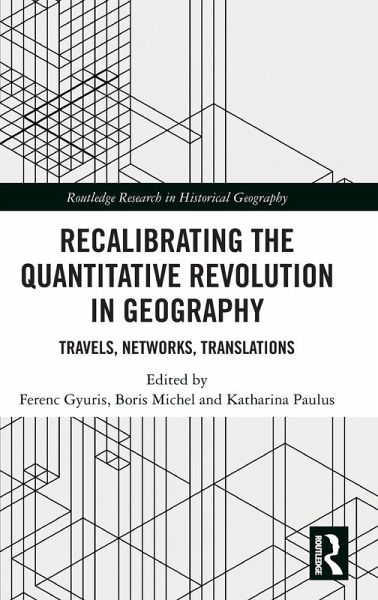
Recalibrating the Quantitative Revolution in Geography
Travels, Networks, Translations
Herausgegeben: Gyuris, Ferenc; Michel, Boris; Paulus, Katharina
Versandkostenfrei!
Versandfertig in 6-10 Tagen
154,99 €
inkl. MwSt.

PAYBACK Punkte
77 °P sammeln!
This book brings together international research on the quantitative revolution in geography. It offers perspectives from a wide range of contexts and national traditions that decenter the Anglo-centric discussions. The mid-20th-century quantitative revolution is frequently regarded as a decisive moment in the history of geography, transforming it into a modern and applied spatial science. This book highlights the different temporalities and spatialities of local geographies laying the ground for a global history of a specific mode of geographical thought. It contributes to the contemporary di...
This book brings together international research on the quantitative revolution in geography. It offers perspectives from a wide range of contexts and national traditions that decenter the Anglo-centric discussions. The mid-20th-century quantitative revolution is frequently regarded as a decisive moment in the history of geography, transforming it into a modern and applied spatial science. This book highlights the different temporalities and spatialities of local geographies laying the ground for a global history of a specific mode of geographical thought. It contributes to the contemporary discussions around the geographies and mobilities of knowledge, notions of worlding, linguistic privilege, decolonizing and internationalizing of geographic knowledge.
This book will be of interest to researchers, postgraduates and advance students in geography and those interested in the spatial sciences.
This book will be of interest to researchers, postgraduates and advance students in geography and those interested in the spatial sciences.




